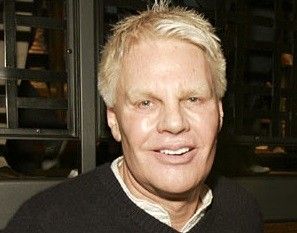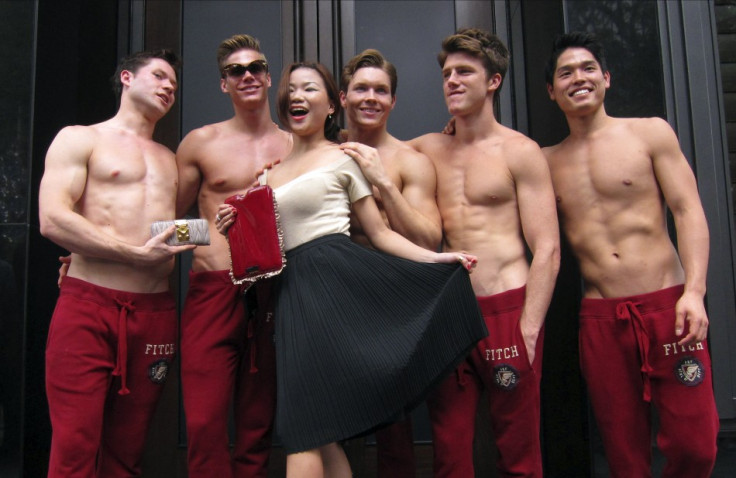Elitist Abercrombie & Fitch CEO: I Don’t Want Fat Women Wearing My Clothes
Fashion brand under fire for putting size 10 upper limit on its women’s apparel

Abercrombie & Fitch has come under fire - again - for insulting policies after its CEO said he did not want fat people wearing his brand's clothes.
The US-based company does not make XL or XXL in its women's apparel because it does not want larger women to be seen sporting its goods. The brand's largest size for women equates to a UK size 10, or a US size 6.
Abercrombie & Fitch stocks XL and XXL for men but that is for gents who have large muscle mass - not those who are overweight.
In an interview with Business Insider, Robin Lewis, co-author of The New Rules of Retail explained Abercrombie & Fitch CEO Mike Jefferies' attitude to larger women.
"He doesn't want larger people shopping in his store, he wants thin and beautiful people.
"He doesn't want his core customers to see people who aren't as hot as them wearing his clothing. People who wear his clothing should feel like they're one of the 'cool kids'."
A spokesperson for the company said it was not available to comment on why it does not offer larger women's sizes.
Lewis said that despite the backlash, the brand was unlikely to change in its core values. "Abercrombie is only interested in people with washboard stomachs who look like they're about to jump on a surfboard," he said.

Abercrombie & Fitch has been criticised for its policies on who should wear its clothes for years.
In an interview with Salon in 2006, Jefferies explained why the company only hires attractive people: "It's almost everything. That's why we hire good-looking people in our stores. Because good-looking people attract other good-looking people, and we want to market to cool, good-looking people. We don't market to anyone other than that.
"In every school there are the cool and popular kids, and then there are the not-so-cool kids.
"Candidly, we go after the cool kids. We go after the attractive all-American kid with a great attitude and a lot of friends. A lot of people don't belong [in our clothes], and they can't belong. Are we exclusionary? Absolutely.
"Those companies that are in trouble are trying to target everybody: young, old, fat, skinny. But then you become totally vanilla. You don't alienate anybody, but you don't excite anybody, either."
Last year, it emerged that Abercrombie & Fitch ordered workers who made mistakes to exercise as punishment. The ruling, leaked in an internal email to an Italian newspaper, was later dropped as company policy.
The company was sued in 2004 for excluding minorities by giving positions to white applicants and sued again in 2009 when it discriminated against British student Riam Dean.
Dean was born without a left forearm and was forced to work in the stock room, out of sight of customers at its London store. The company was fined £10,000.
© Copyright IBTimes 2025. All rights reserved.




















